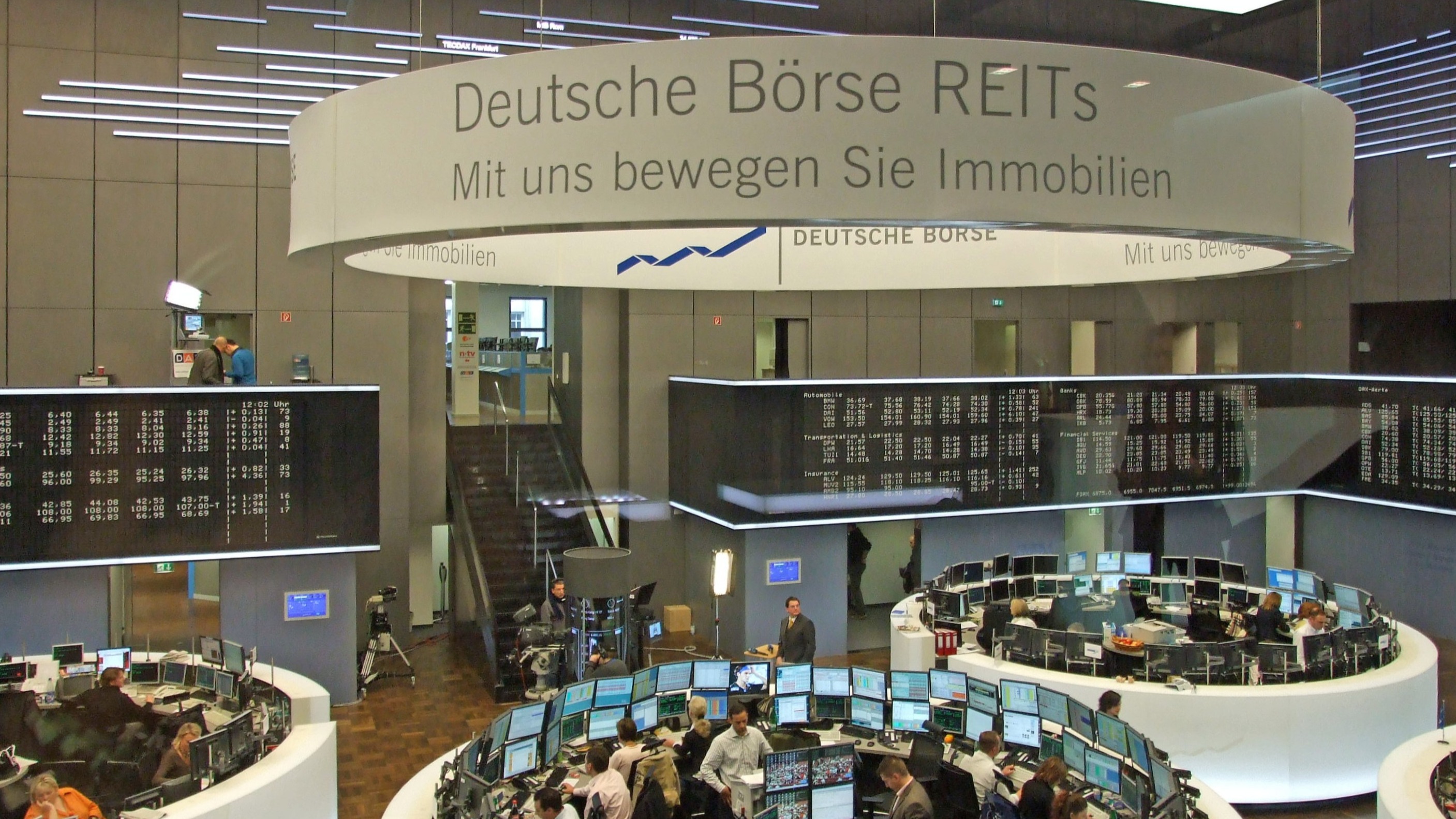Deutsche Börse on Friday announced the promotion of Stephan Leithner as its new chief executive officer.
Leithner, a member of the German exchange’s executive board since 2018, will take up his new position on 1 October. He will initially serve alongside current chief exec Theodor Weimer until the end of the year, before Weimer’s contract expires at the end of 2024.
The company said that Leithner’s current areas of responsibility include the Investment Management Solutions segment with ISS STOXX and SimCorp along with its post-trading business with Clearstream. A decision on his succession will be made in due course, it added.
Leithner is a well known face in the German financial sector. From 2016-18 he served as partner of leading private equity firm EQT, and previously spent a decade and a half at Deutsche Bank, culminating in a board role.
Martin Jetter, chairman of the supervisory board of Deutsche Börse AG, said: “Stephan Leithner is a proven and recognised expert in the capital markets to be CEO. He knows the global exchange landscape and understands the needs of our clients.
“In recent years, Stephan Leithner has played a significant role in the strategic development of the company. We are convinced that Stephan Leithner has all the prerequisites to continue Deutsche Börse's successful development.”
Jetter praised the outgoing Weimer for his leadership “out of a period of deep uncertainty” and steering the group to become “once again a self-confident company that enjoys a high level of public trust.”
The company had faced public scrutiny since its failed merger of the London Stock Exchange, but Weimer managed to guide the company to stability via smaller deals.
Latest News
-
Gemini to cut quarter of workforce and exit UK, EU and Australia as crypto slump forces retrenchment
-
Bank ABC’s mobile-only ila bank migrates to core banking platform
-
Visa launches platform to accelerate small business growth in US
-
NatWest to expand Accelerator programme to 50,000 members in 2026
-
BBVA joins European stablecoin coalition
-
eToro partners with Amundi to launch equity portfolio with exposure to ‘megatrends’
Creating value together: Strategic partnerships in the age of GCCs
As Global Capability Centres reshape the financial services landscape, one question stands out: how do leading banks balance in-house innovation with strategic partnerships to drive real transformation?
Data trust in the AI era: Building customer confidence through responsible banking
In the second episode of FStech’s three-part video podcast series sponsored by HCLTech, Sudip Lahiri, Executive Vice President & Head of Financial Services for Europe & UKI at HCLTech examines the critical relationship between data trust, transparency, and responsible AI implementation in financial services.
Banking's GenAI evolution: Beyond the hype, building the future
In the first episode of a three-part video podcast series sponsored by HCLTech, Sudip Lahiri, Executive Vice President & Head of Financial Services for Europe & UKI at HCLTech explores how financial institutions can navigate the transformative potential of Generative AI while building lasting foundations for innovation.
Beyond compliance: Building unshakeable operational resilience in financial services
In today's rapidly evolving financial landscape, operational resilience has become a critical focus for institutions worldwide. As regulatory requirements grow more complex and cyber threats, particularly ransomware, become increasingly sophisticated, financial services providers must adapt and strengthen their defences. The intersection of compliance, technology, and security presents both challenges and opportunities.
© 2019 Perspective Publishing Privacy & Cookies


.jpg)










Recent Stories